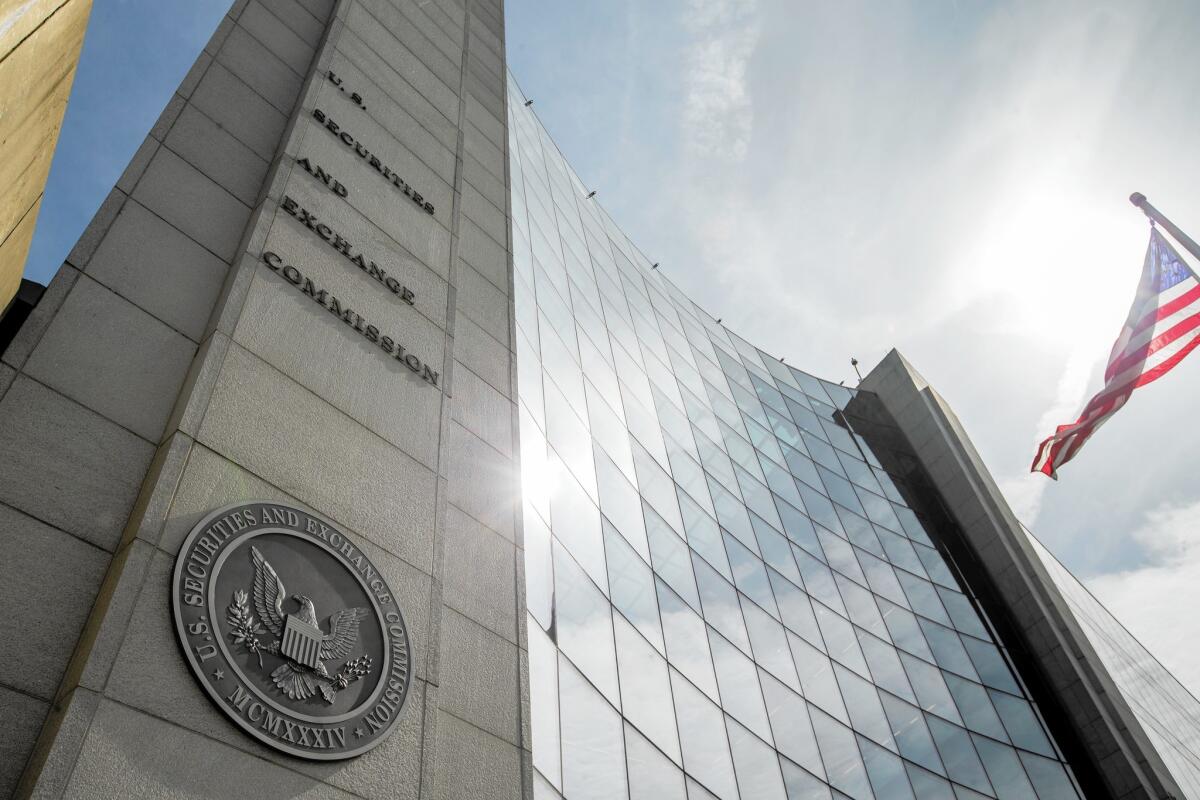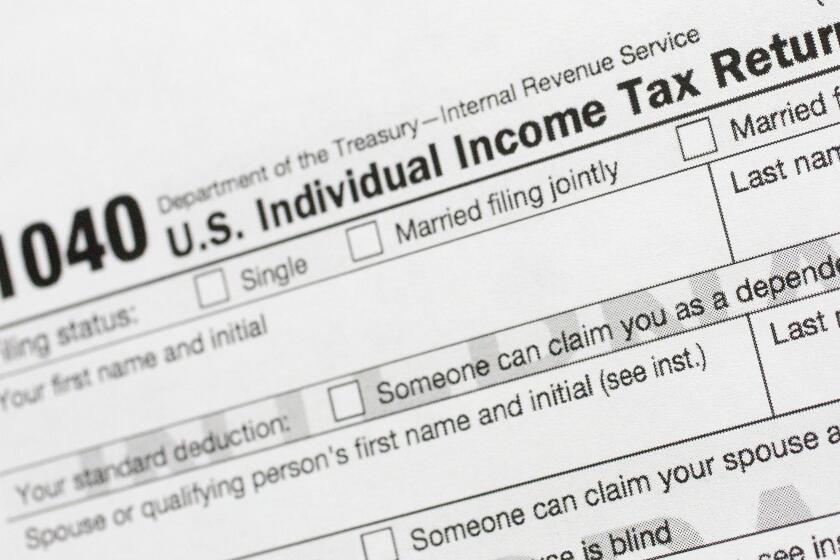Private equity industry sees more federal regulation

With roots in the notorious corporate raids of the 1980s, the private equity business has long been considered one of the most powerful, freewheeling and lightly regulated corners of Wall Street.
But that may be changing. The 2010 Dodd-Frank financial reform law included a provision that, for the first time, required private equity firms to register with the Securities and Exchange Commission.
It was a modest step, but two years later the agency’s Office of Compliance Inspections and Examinations began quietly sending some of its 900 examiners to perform on-site “presence exams” to learn how the firms treat their investors, which include CalPERS and other pension fund giants.
Although critics say the reforms haven’t gone far enough, evidence of the changing regulatory climate are trickling into public view.
Last year, Andrew J. Bowden, then-director of the OCIE, turned heads with a speech that revealed that examiners had turned up widespread “deficiencies” in how private equity firms charge clients for fees and expenses and said that the agency had found “violations of law or material weaknesses in controls over 50% of the time.”
“This is a remarkable statistic,” he said.
The speech spurred debate in financial circles and pushback from the industry, which issued a statement saying that all agreements are “negotiated by professional investment managers on both sides.”
Since then, the SEC has followed with a string of enforcement actions alleging improper handling of fees and expenses. In June, for instance, New York powerhouse Kohlberg Kravis Roberts & Co. agreed to pay $30 million, including $10 million in penalties, for “misallocating” expenses in breach of its fiduciary duty to clients.
KKR said in a statement that the settlement “relates to historical expense allocation disclosures and policies and not to any current practices.”
The SEC has set up a separate unit to examine private equity and other funds and hired outside consultants to help with examinations. In a recent paper, lawyers for Ropes & Gray, a law firm with Wall Street clients, said the moves suggest “the SEC will actively seek to bring additional enforcement actions.”
More to Read
Inside the business of entertainment
The Wide Shot brings you news, analysis and insights on everything from streaming wars to production — and what it all means for the future.
You may occasionally receive promotional content from the Los Angeles Times.











